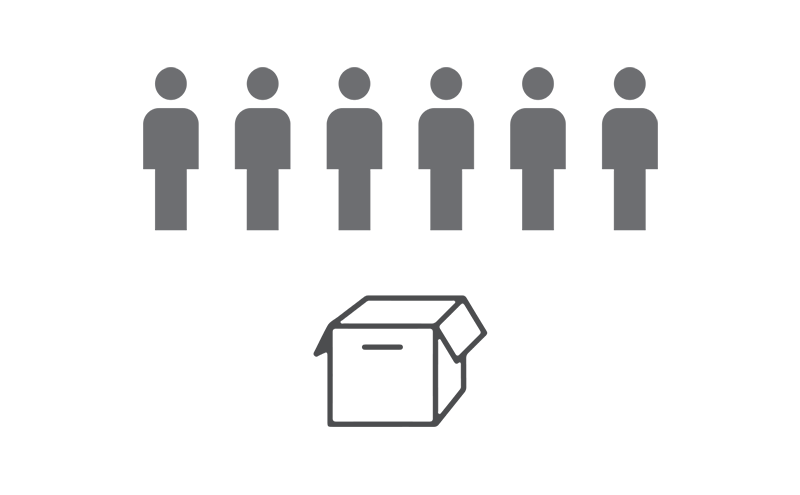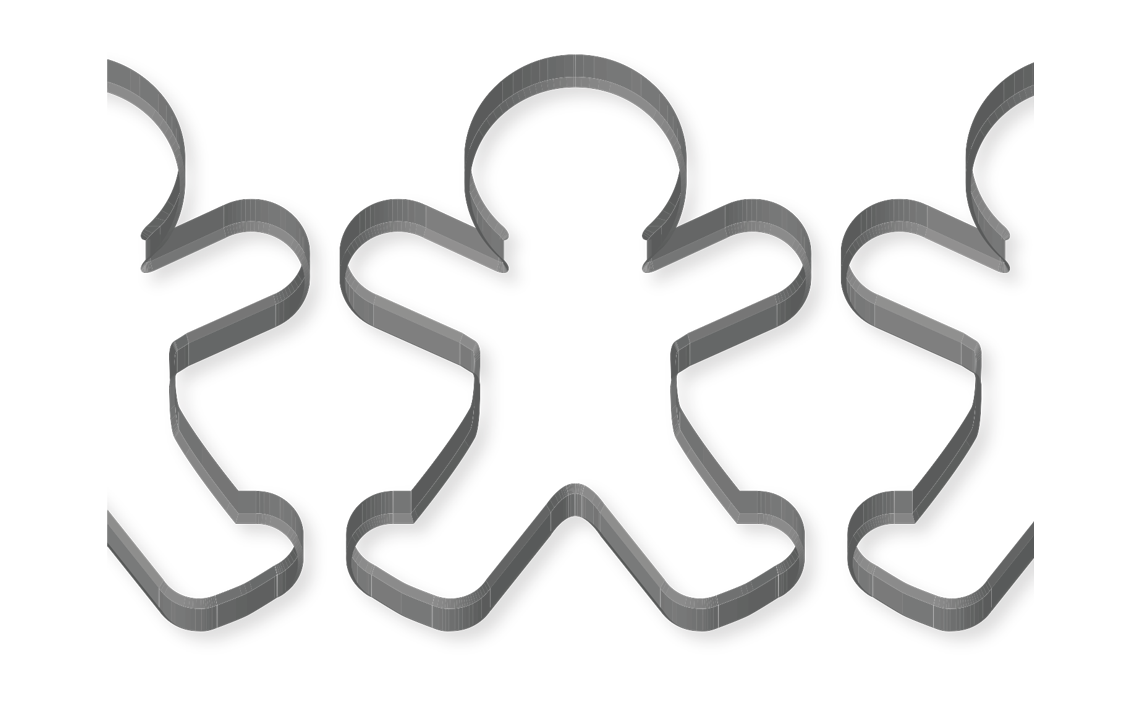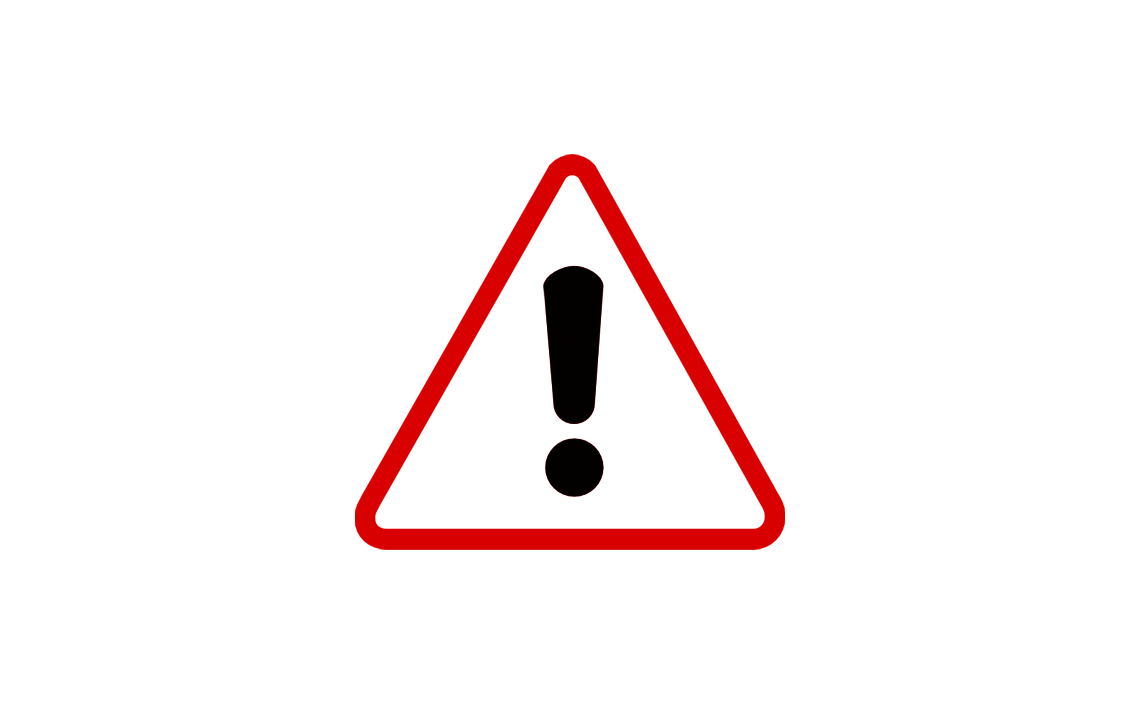Why Templates
Don't Work
Template based EMRs are rigid, cumbersome, frustrating to use, and limit your freedom to practice medicine your own way. Even worse, templates increase your medical liability as well as your Medicare claim denials, put you at rick of illegal up-coding, and pave the way for third-party payers to control and police your practice.
According to CMS guidelines, templates do not qualify as adequate Medicare documentation and are subject to claim denials.
Centers for Medicare and Medicaid Services (CMS) has published revised instructions for its payment review contractors. These instructions state that templates do not generate acceptable documentation:
"Review contractors shall remember that progress notes created with Limited Space Templates in the absence of other acceptable medical record entries do NOT constitute sufficient documentation of a face-to-face visit and medical examination."
In addition to all of the risks and drawbacks of template-based EHRs, templates are now under increasing government scrutiny and do not qualify as sufficient documentation to receive Medicare payments.
There is a growing body of evidence on the clinical failures and systemic deficiencies of template-based EMRs:
What is a Template?
An EMR template is nothing more than boilerplate written by a third party or "expert" to input clinical data. The rigidity of templates results in a series of fundamental problems that crop up during everyday use:

Problem 1
EMR templates are generated by someone else, using their words, their methodology, and, most importantly, their judgment.
The template approach assumes that the maker of the system knows more about medicine than you, the actual physician user. Of concern, this approach assumes that the template manufacturer knows what you are thinking and what you will be required to do at the point of care. The notion that a template manufacturer knows more about a physician's practice than the actual physician is patently absurd.

Problem 2
It is impossible for someone else to create a template that thinks like its user.
Therefore, a template designer must devise a structured format applicable to the majority of encounters you are likely to see. The result is a progression of cumbersome pick-lists that you must sort through in order to make the template fit each particular encounter. Even if the pick-lists were appropriate to the case at hand, finding text that someone else devised in endless pick-lists couldn't be more time-consuming or frustrating. Obviously, template text created by someone else is far more difficult to read than self-written text. From the order of symptoms and physical findings to the approach you use to treat each patient, everything is more natural when utilizing your own methodology, thinking process, and experience rather than someone else's.

Problem 3
The best medicine cannot always be found in a book.
Often, it is based on your personal experience, your individual style, and your own thinking process. As you know, medicine is not only a science but also very much an art form. Therefore, a template cannot possibly take into account your individual uniqueness, not to mention the uniqueness of your patients. In fact, templates force you to constantly regulate and change your style of practice to that of a cookie-cutter, one-size-fits-all approach.
For further reflection on this topic, see What Templates Don't Understand by Clayton L. Reynolds, MD.

Problem 4
Templates are legally dangerous.
Your templates can actually be subpoenaed during the discovery phase of a malpractice suit. Imagine how pleased a plaintiff's attorney would be to find that your entire practice could be reduced to a series of structured statements and factoids. Suddenly, the art of medicine is diminished, and you appear as a mere technician forcing your patients into a single mold. For this reason if no other, templates are an extremely bad idea.
The truth about templates
Template-based Electronic Medical Records have been pushed by healthcare vendors as an acceptable way to document medicine and render uniform care to patients. Industry "experts" claim that templates and their underlying structured language will pave the way towards standardized documentation, promote interoperability and allow third parties the ability to utilize your data for the good of medicine as a whole. Some even claim that by using a template-based EMRs medical costs will be lowered, and the practice of medicine improved.
Nothing could be farther from the truth.
The reality is that instead of enhancing your ability to give quality care to your patients, templates waste your time, curtail your revenues, and reduce your freedom. When using templates, your personal style of practicing medicine is lost. Templates, are not beneficial to you, and are bad medicine for your patients.
Templates cause alert fatigue syndrome
Templates subject users to massive amounts of data noise - extra information and fields that distract from what the user really needs to see. These unnecessary fields lead to "field overload" and what is now called Alert Fatigue Syndrome. In addition to causing headaches and exhaustion, Alert Fatigue Syndrome can be dangerous and even potentially fatal for patients. In one study, the faulty design of their EHR forced practitioners to override dozens of unnecessary alerts, while the truly important alerts slipped through the cracks. Read more about template noise and data overload here.
The myth of "smart templates"
Despite today's claims of "smart templates," "templates that save," and the like, templates are not intelligent and cannot be easily modified for use with other patients. Although some template-based EMRs claim to allow for changes in text, the reality is that the constant editing of the template is so cumbersome that it does not lend itself to your patient encounter, especially under the stress of daily practice. In short, template-based systems are inflexible, and the limited choices offered rarely fit the many subtleties and variations of the encounter. As a result, the effort required to change templates on the fly makes them clumsy, time consuming, and complicated-even more so than simply writing longhand. Doctors will spend more time using these EHRs than they would pen and paper. If an EMR does not jive with the way you practice, then everything else is meaningless.
Insurance companies want your EMR
Templates allow third party payers an exclusive opportunity to further "manage" you and your practice, a trend that has been growing over the past twenty years. Most third party payers are attempting to cut costs and increase revenues at your expense and at the expense of your patients. Indeed, the manipulative characteristics of templates with embedded structured language allow for potential control by third parties.
Templates do not produce quality data
For all of the reasons described above, templates are inadequate for producing population health data. This should be of concern not only to physicians, but also to anyone interested in obtaining solid medical information. The problem is that templates require physicians to input data by selecting from numerous pick lists and filling in data fields. To do this correctly, the physician must sacrifice quality time with patients and dedicate himself/herself to the data entry task. More often than not, therefore, doctors rush through it, and this is reflected in the quality of the data that is produced.
Templates are not the answer
Despite industry claims to the contrary, templates have not addressed the medical documentation dilemma. This explains the nationwide dissatisfaction with EHRs today, and the general resistance to their adoption by medical practitioners.
Template manufacturers argue that templates will help you practice better medicine. They say this only because they could not develop a better solution. Please don't be fooled. Struggling to fit your patients into a template mold is not what medicine is about, and it's no way to practice your art.
The truth is that templates severely limit you. We have a far better answer to Electronic Medical Records.








